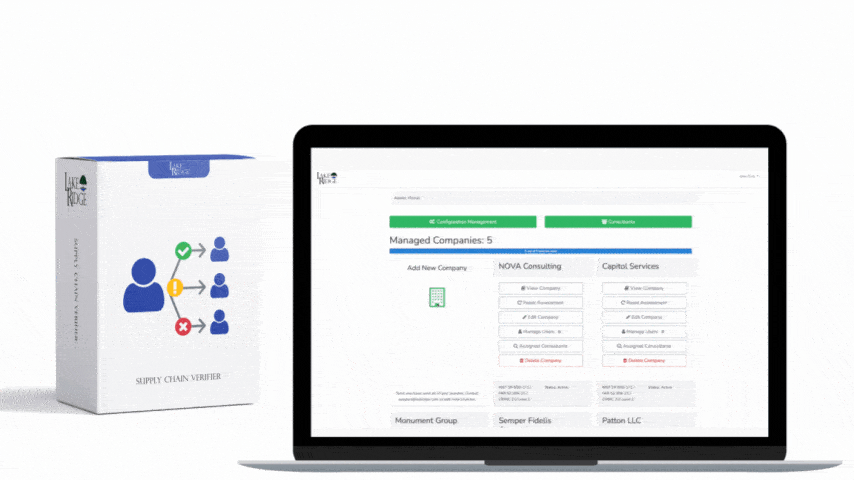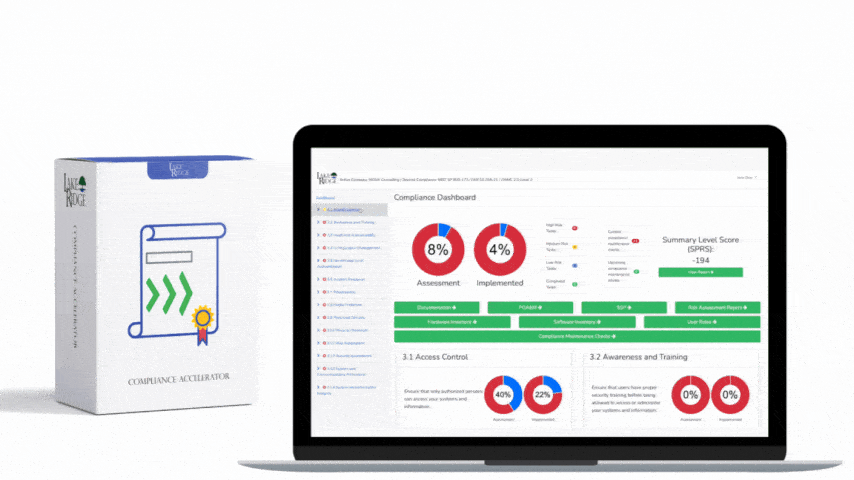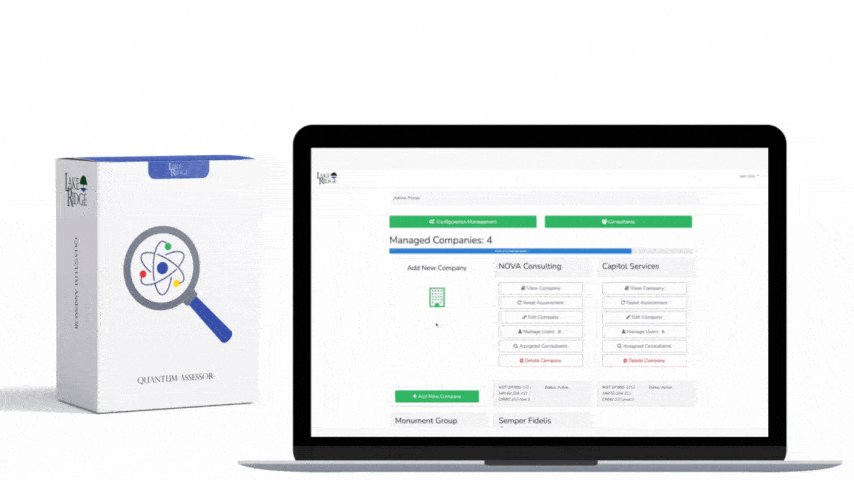Having an internal audit process is crucial for any organization's information security program. The ISO 27001 standard, specifically Clause 9.2, outlines the requirements for an internal audit. The specifics of the audit process and timeline may vary depending on the company's size and structure, but there should be a consistent level of detail and effectiveness across all organizations.
Many clients initially underestimate the rigor and focus of an internal audit, assuming it is simply a review of their specific processes and controls. However, the internal audit actually requires a thorough examination of the ISO 27001 framework and all relevant Annex A controls based on the Statement of Applicability.
Before starting the internal audit, the organization needs to develop an audit plan that clearly defines the scope, criteria, and frequency of the audit. The plan should also include the selection of auditors based on their objectivity and impartiality towards the process.Once the internal audit is completed according to the approved audit plan, the results must be documented and aligned with the ISO 27001 standard. These results should be communicated to top management during the management review, which should take place at least annually. This allows the organization to monitor its ISMS effectiveness and ensure compliance with both its own requirements and ISO 27001.
Overall, successfully implementing the requirements of Clause 9.2 of the ISO 27001 standard enables an organization to consistently evaluate and improve the effectiveness of its ISMS, with the involvement of top management to ensure alignment with organizational goals and industry standards.



